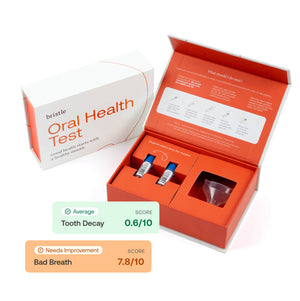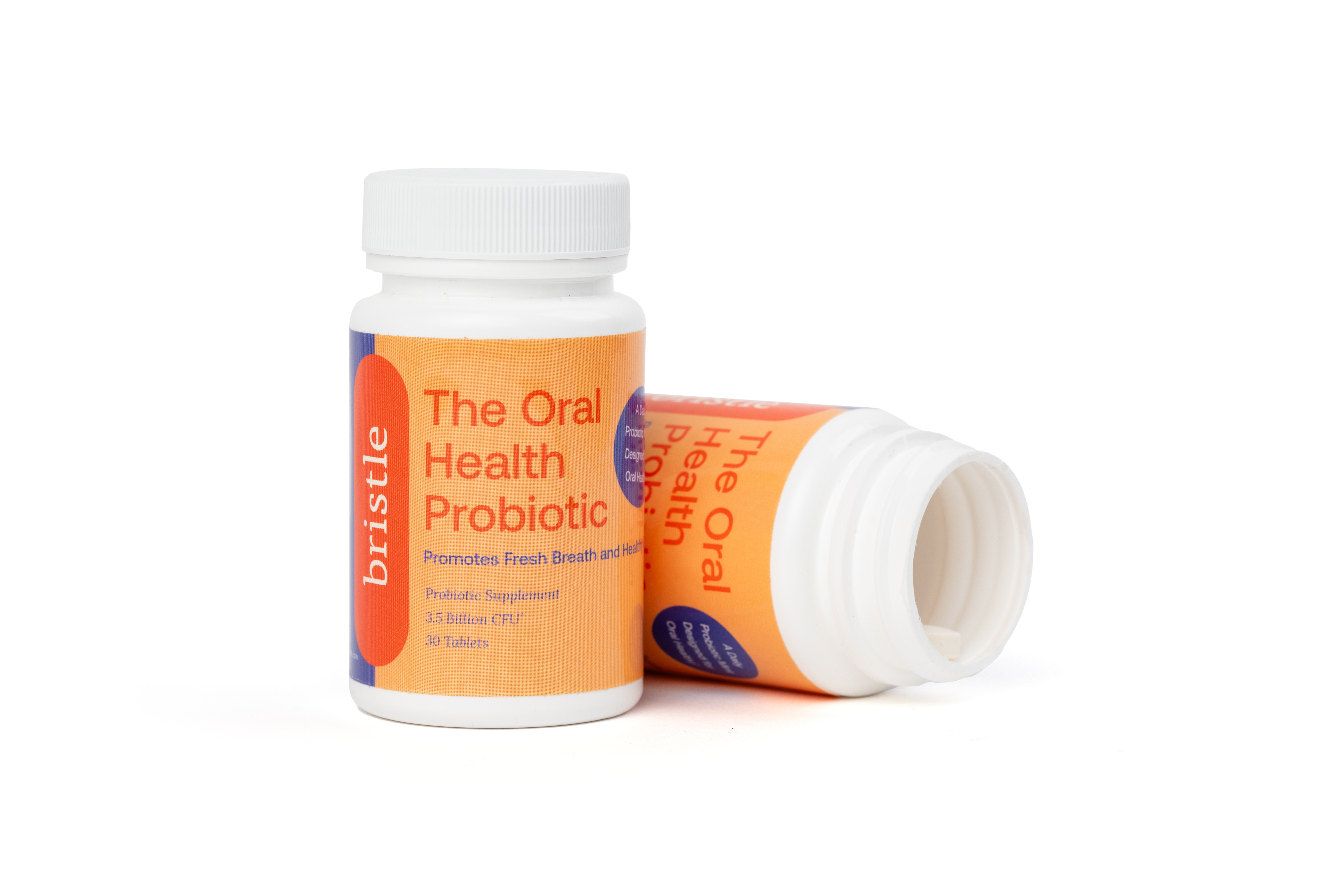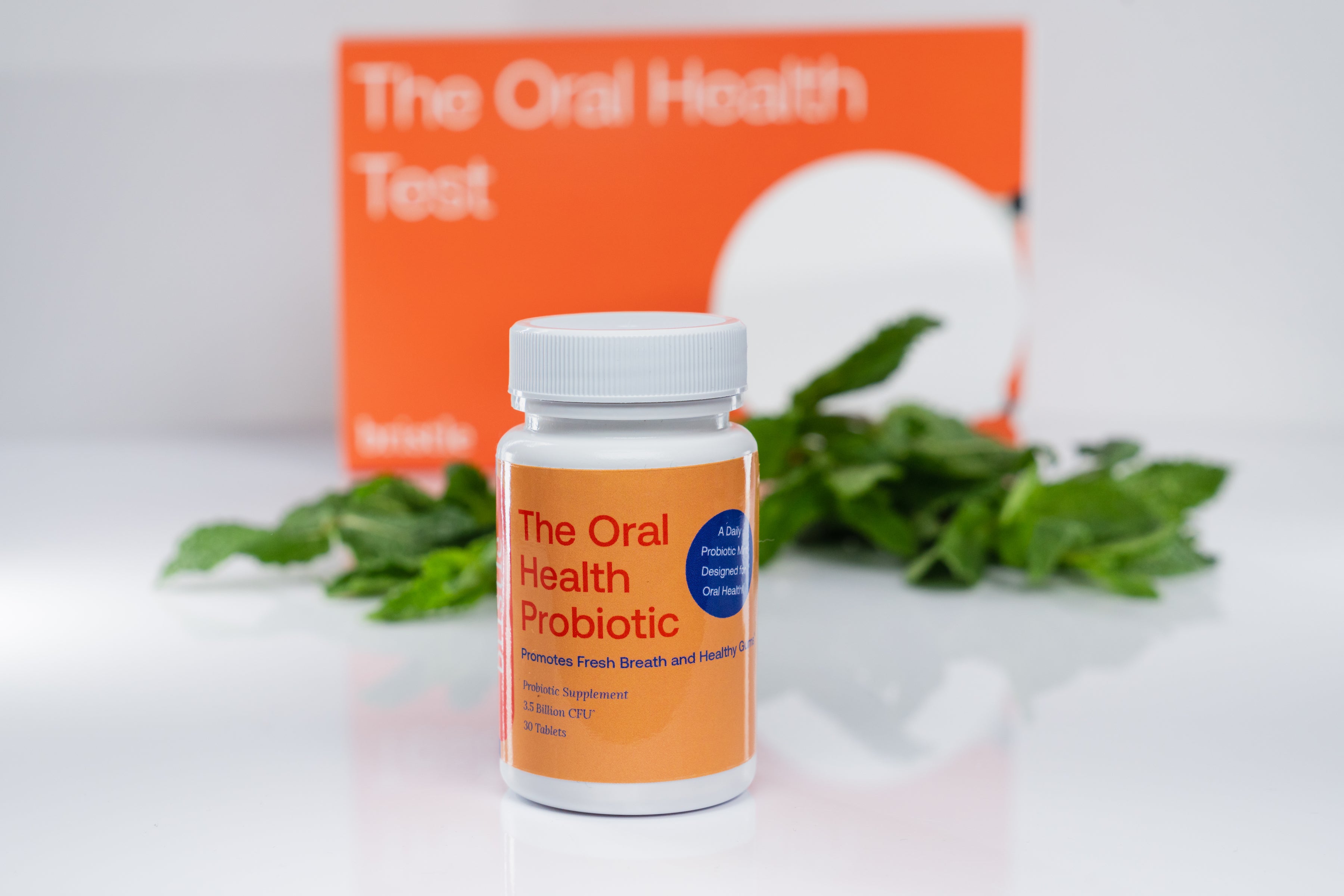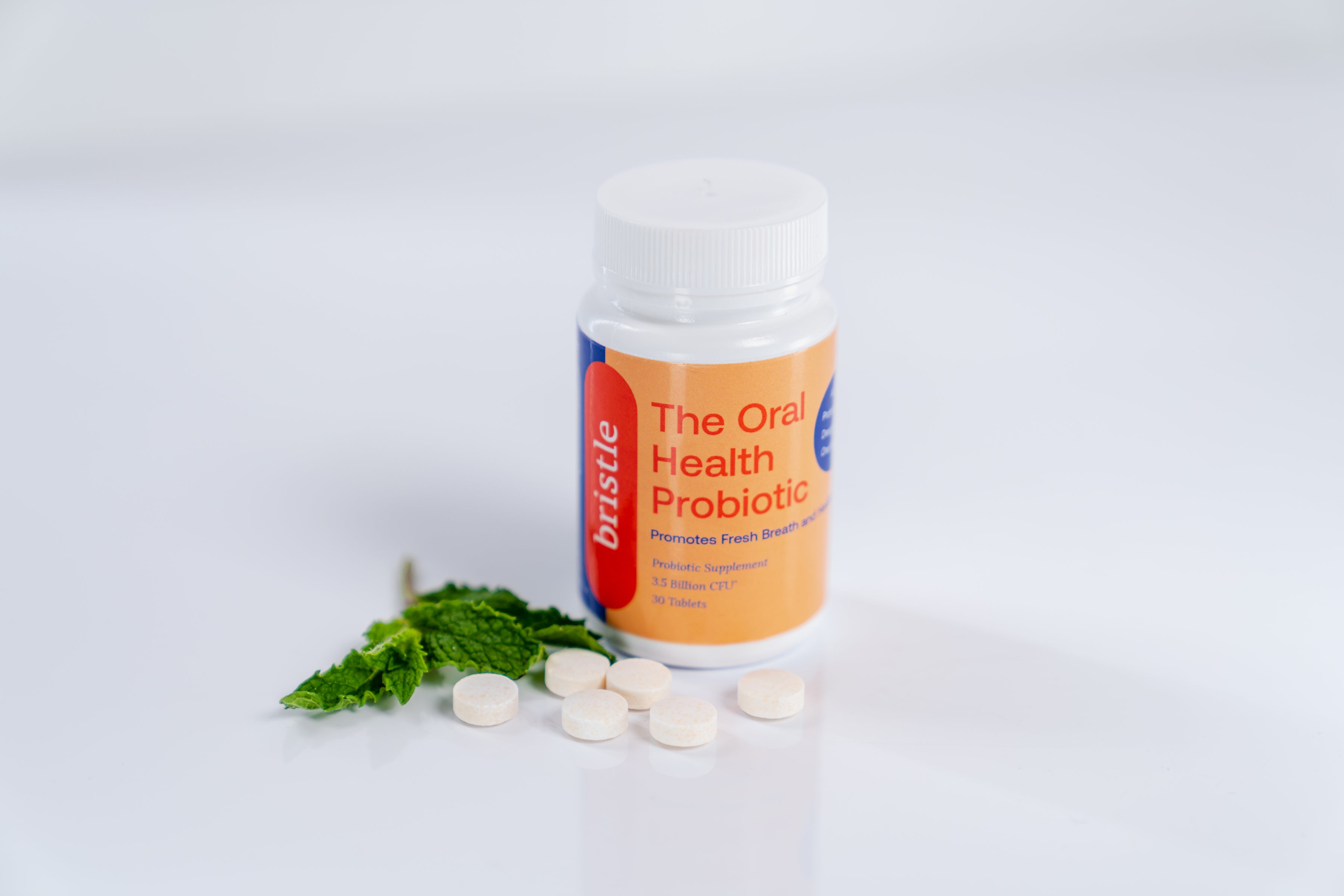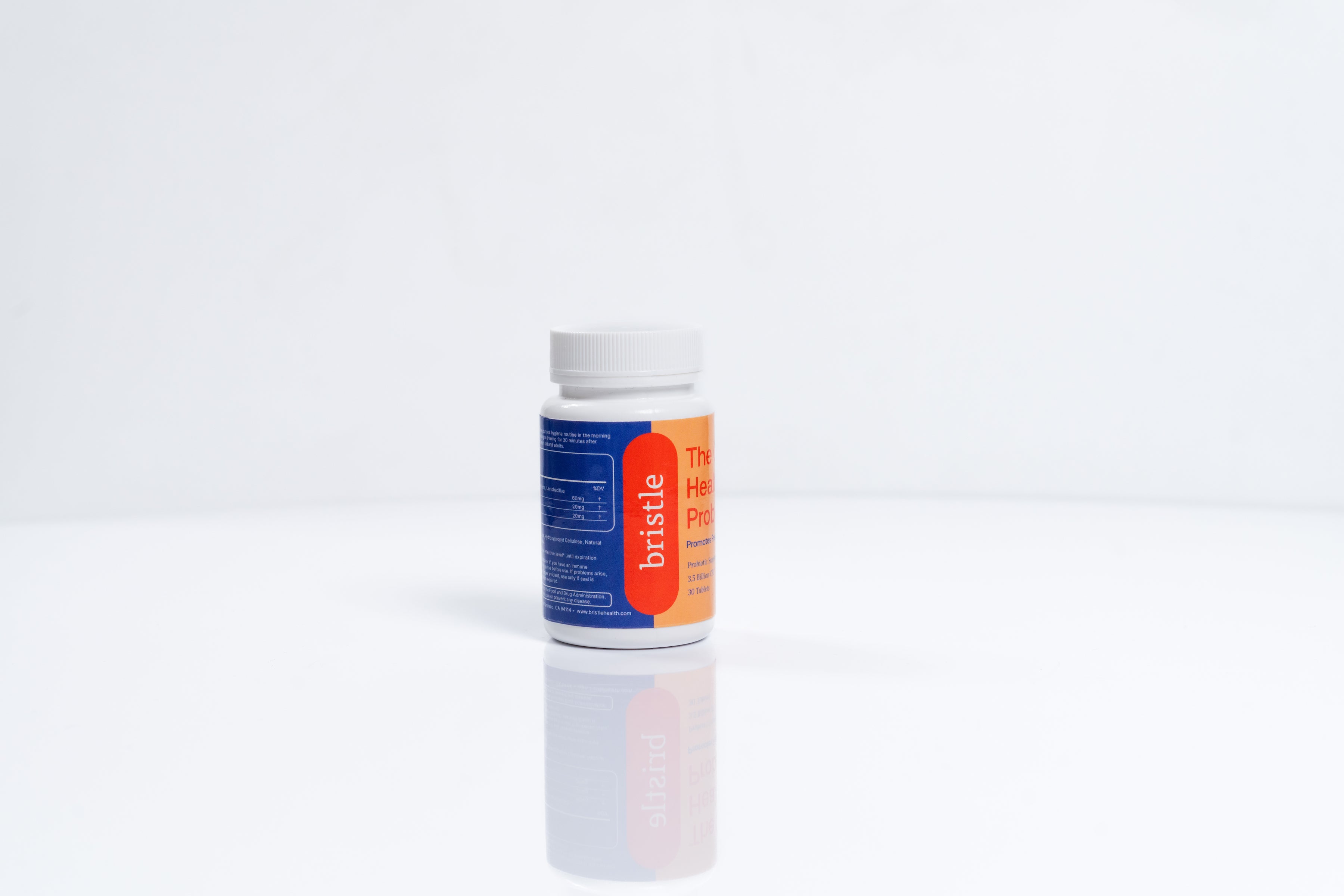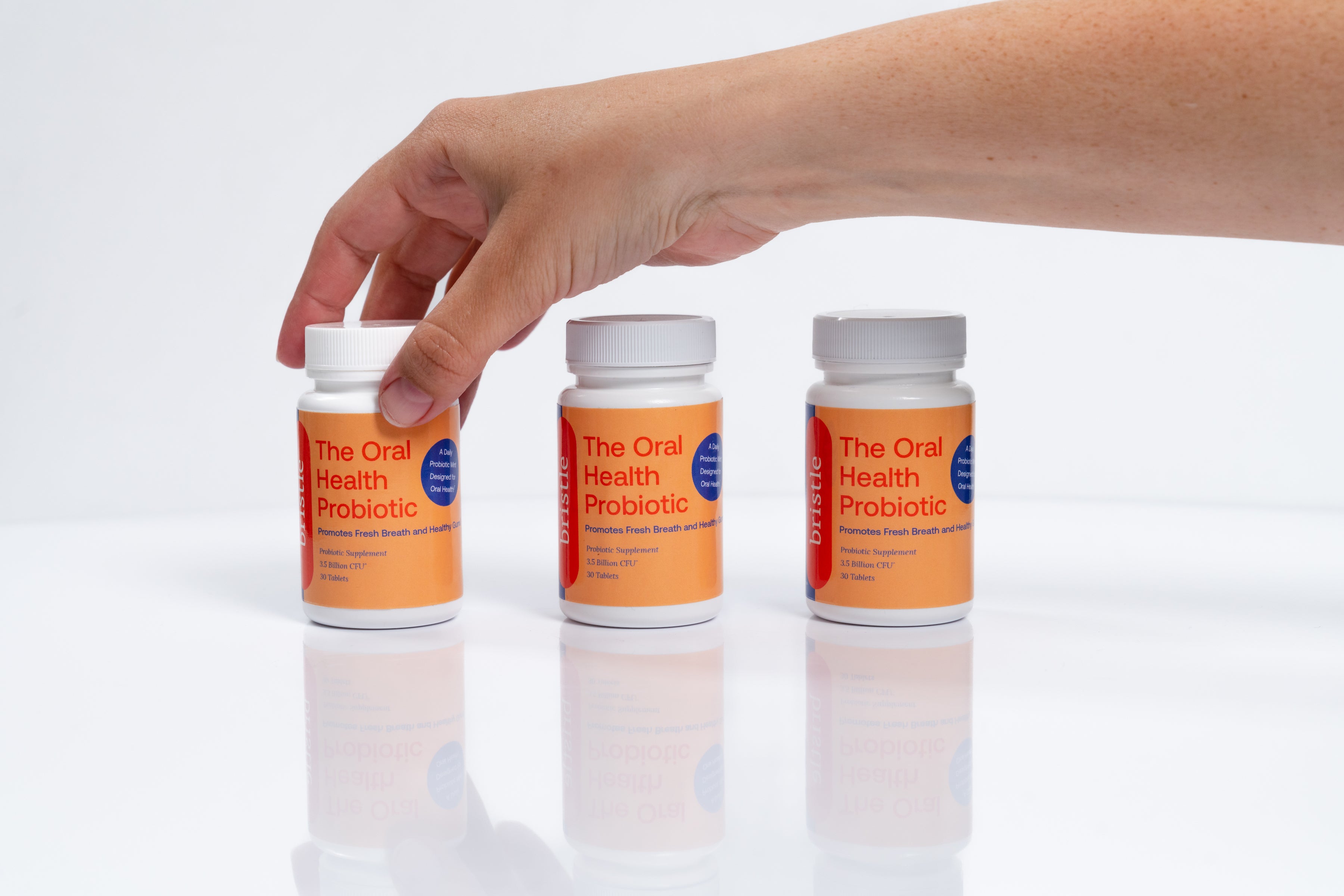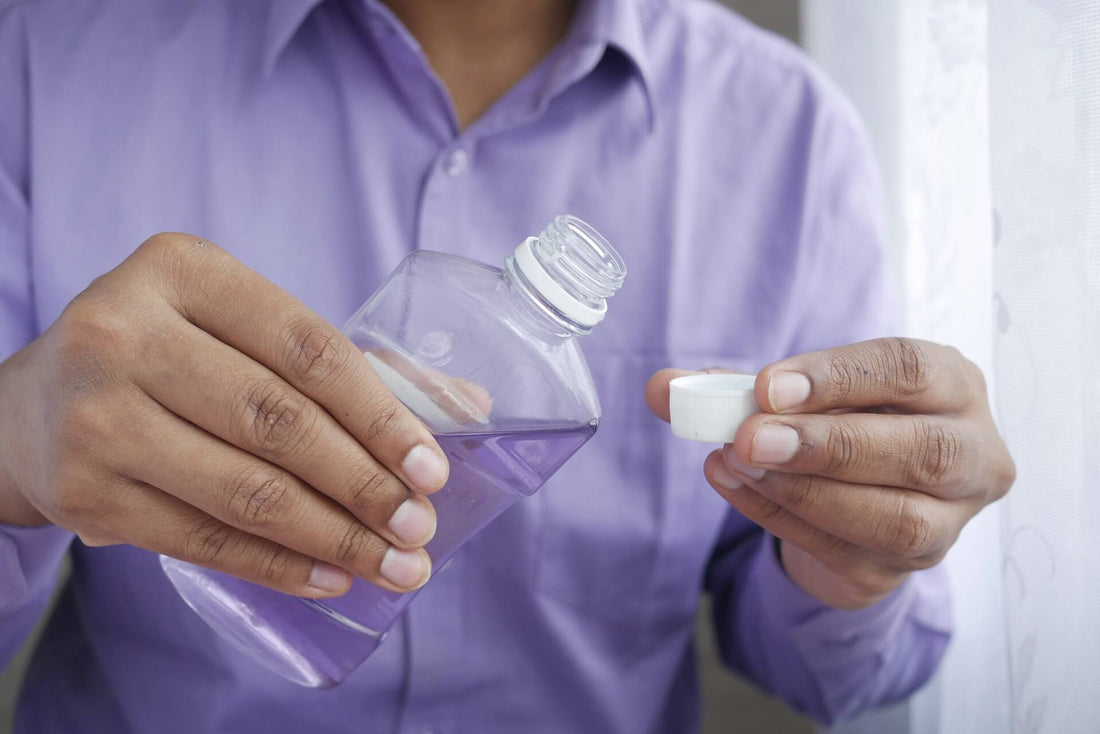What color is your toothpaste when you spit after brushing your teeth? If you’ve noticed blood after brushing your teeth in your sink basin, you might be asking yourself “why do my gums bleed when I brush my teeth?”
Since bleeding is generally not a good sign, this can be concerning. However, there are several reasons why your gums might be bleeding — and not all of them are serious. Let’s take a closer look.
Damage Due to Harsh Brushing and Flossing
A common reason for bleeding gums is that you are being too harsh with them. You might be faithfully brushing your teeth twice a day and flossing as part of your oral care routine. After all, your dentist has told you how important it is to prevent plaque buildup to avoid tooth decay and other problems.
However, if you are doing this too vigorously or using a stiff toothbrush, you could be damaging your gums.
Gently brush your teeth and avoid scrubbing below the gumline. Choose a soft-bristled toothbrush and make sure that your toothpaste is non-abrasive. Charcoal toothpaste that is popular for tooth whitening is often abrasive. You can read more about proper brushing and flossing here.
You Have an Abscessed Tooth
If an abscessed tooth is the source of your bloody gum troubles, it’s likely that you’ll notice. Abscesses happen when bacteria reach and infect the interior of a tooth. It is typically quite painful, a bunch of gross pus is involved, and you might even have a fever.
Improperly Fit Dentures
An unfortunate consequence of tooth loss is the bone loss over time that comes with it. This can change the shape of your mouth considerably, causing your dentures to not fit right.
At first, you might only experience a bit of bleeding in the gums or slight discomfort. Over time, these symptoms will worsen and could even cause mouth ulcers or infections. In short, it’s best to get a new set of dentures ASAP.
Vitamin Deficiencies
Do you get enough vitamin C and vitamin K in your diet? A vitamin K or vitamin C deficiency can make your gums prone to bleeding.
The good news is that getting these nutrients isn’t too difficult. Eat a varied diet that includes fruits and vegetables, particularly leafy greens, and you’ll be good to go!
To boost your vitamin C intake try eating:
To get more vitamin K, turn to:
Gum Disease
Gum disease is common and about 47% of adults over 30 have some form of the disease. It starts as an inflammation in the gums infection of the gums and can develop into an infection. Thus, it’s not surprising that the gums might bleed a little.
Blood after brushing your teeth is one of the first signs of gingivitis, an early form of gum disease, along with angry red or inflamed-looking gums. If left untreated, the infection could develop into severe periodontal disease.Other symptoms of gum disease include bad breath, red inflamed gums and loose teeth.
Gum disease is actually a gum infection, where specific bad bacteria in the mouth become abundant, and cause disease. These harmful bacteria are typically a sign of oral microbiome dysbiosis, a condition where the good bacteria and the immune system are unable to keep the harmful ones at bay.
Other Health Conditions
Bleeding gums can also be an indication of other medical conditions.
Some of these conditions can be minor or normal. For example, the hormonal changes that come with pregnancy can cause inflammation and bleeding gums, known as pregnancy gingivitis.
Others can be quite serious. For example, bleeding gums can be an indication of some types of cancers, such as leukemia.
Furthermore, some medications (particularly blood thinners) can contribute to bleeding gums.
Figuring Out Why Your Gums Bleed
Now you know a few answers to the question “why do my gums bleed when I brush my teeth?” The only problem is that it now may raise some more questions. Research shows that routine brushing and flossing can reduce bleeding gums, and symptoms of gum disease.
If you don’t wear dentures you can easily rule out that cause, but how can you tell the difference between gum disease and damage due to improper brushing?
That’s where Bristle can help! The unique mix of bacteria living in your mouth speaks volumes about the state of your oral health. It is simply a matter of knowing how to listen.
We take all the work out of it. Simply send us a saliva sample and we’ll do the rest. Get your personalized dental health recommendations today!

